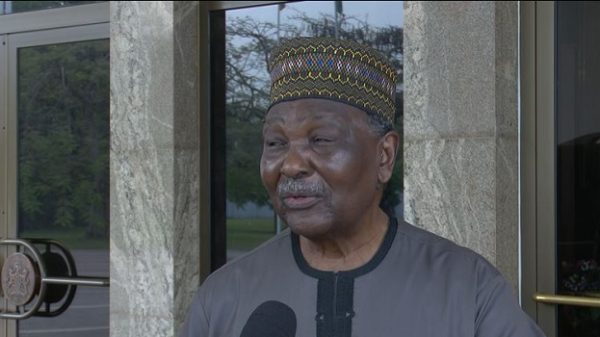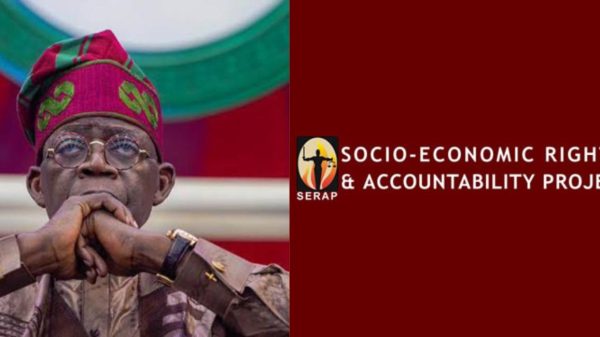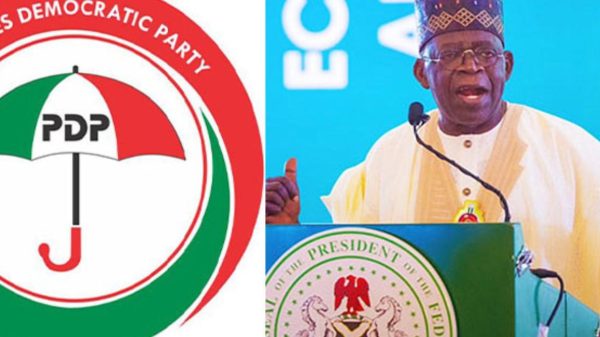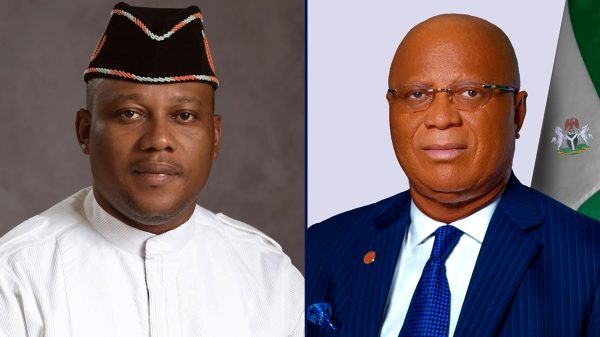Celebrity lawyer Stan Alieke has issued a strong warning to Nigerians who casually use the word “allegedly” when making unverified claims about others on social media.
Alieke, known for defending singer Speed Darlington in a past legal battle with Burna Boy, clarified the legal implications of the word in a trending post on his Instagram stories. He explained that simply adding the word “allegedly” does not shield a person from defamation lawsuits.
“’Allegedly’ should be the most abused word in Nigeria now,” Alieke wrote. “In law, it means according to someone’s allegation, even if there’s no proof. But it is not a one-stop immunity or shield against a defamation suit. You cannot knowingly spread falsehood and expect that using ‘allegedly’ will save you.”
Alieke stressed that many Nigerians use the term recklessly without having any evidence or credible source to back their claims. He warned that such actions could have legal consequences if the affected party decides to pursue a lawsuit.
His remarks sparked a flood of reactions online.
Popular social media critic Verydarkman jokingly commented, “Allegedly @officialefcc sef na dey tiff.”
Actor Deyemi Okanlawon added humorously, “Nooooo na! You for no tell them… ALLEGEDLY! #casedonyapa.”
Other users made light of the warning:
– “So ‘allegedly’ no be our bulletproof again,” one said.
– “What if we use it in capital letters? Like ALLEGEDLY??” another quipped.
– “I’ll tell the court my grandpa told me and he’s now late… let them call Odumeje to raise him,” a user joked.
Despite the humorous takes, Alieke’s message remains clear—careless use of legal terms on social media can lead to serious legal consequences.
In a related update, Alieke also recently ended his professional relationship with Speed Darlington. He confirmed in a statement, “I & my law firm (Law Capitol) have officially withdrawn from legally representing Mr Darlington Achakpo PKA Speed Darlington.”
As conversations around online conduct grow louder in Nigeria, Alieke’s advice serves as a reminder that words shared publicly, even online, carry legal weight.

















































































































